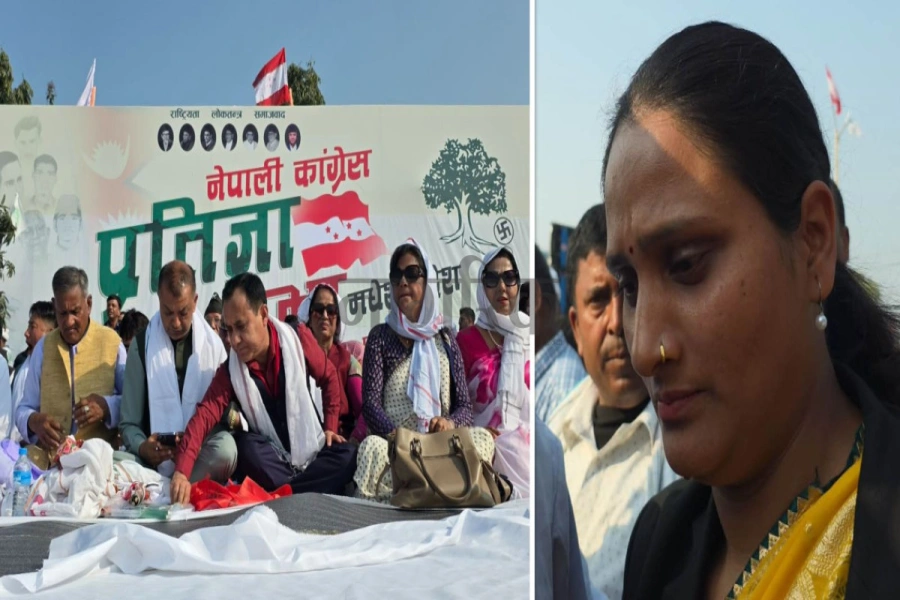The results of the Indian elections, held in seven phases from April 17 to June 1 and formally announced on Tuesday, have given the Bharatiya Janata Party (BJP) the mandate to rule the country for a third consecutive term as the largest party in the Lok Sabha. However, the people of India through this election have rejected politics driven by propaganda and hate, as well as Prime Minister Narendra Modi's exceptionalism. Although the National Democratic Alliance (NDA) led by the BJP won 286 out of 543 seats, the BJP itself secured only 240 seats—64 fewer than in 2019. In the 2019 elections, the BJP won 303 seats, well above the minimum majority of 273 required to run the government. BJP's allies in the NDA are not entirely reliable, with some not even supporting Modi's Hindu nationalism. While it is possible for these allies to leave the BJP and join another alliance, Modi's influence is likely to keep the pre-election coalition intact for now. This election can be seen not as a defeat of the BJP, but rather a setback for Hindu nationalism. The BJP lost seats in humiliating fashion in Uttar Pradesh, the stronghold of its Hindu nationalist agenda, and even in Ayodhya, where the Ram temple was built, the BJP candidate was defeated.
In run-up to Lok Sabha elections, India's ruling BJP unveils it...

In the 75-year history of independent India, the people have rewarded a son of a commoner, appointing Modi as Prime Minister for a third consecutive term. Only Jawaharlal Nehru, the leader of India's freedom movement, has previously won three consecutive elections. Unlike Nehru, who came from an aristocratic family, Modi is the first commoner to become Prime Minister three times in a row. The current election results indicate that many of Modi's decisions during his previous terms have been appreciated by the Indian populace. Policies such as the overnight demonetization of 1000 and 500 rupee notes, the revocation of Jammu and Kashmir's special status under Article 370, the creation of Ladakh as a separate Union Territory and his strong stance against terrorism have been viewed positively. Infrastructure improvements and India's rise as the fifth-largest economy have further bolstered Modi's standing in world politics, earning him the people's approval.
However, Modi's tenure has also seen the unprecedented rise of certain business groups like Adani and Ambani, and the suppression of critics, including media and political leaders, which has been perceived as undemocratic. Modi is often criticized for systematically destroying institutional autonomy of constitutional bodies and infringing upon the basic democratic values. Critics have accused Modi for not sparing institutions from CBI to RBI and the institutional autonomy of even a constitutional authority like the Election Commission was compromised. But this election has brought all-powerful Modi down from the pedestal created by his sycophants, reminding him to serve the people. The rejection of politics driven by propaganda and hate could positively influence Nepal’s political landscape, where similar elements may not be able to raise their heads. Over the past decade, Nepal's relationship with India has often focused more on individuals than on diplomatic ties. With a stronger opposition in India, Nepal has an opportunity to negotiate more effectively on its interests. As Modi prepares to take oath of office and secrecy as prime minister for the third term, we congratulate Prime Minister Modi, the BJP, the Election Commission of India, opposition parties, and the Indian people for successfully holding a significant democratic election. We expect to see stronger bilateral ties between Nepal and India in Modi's new term as the Prime Minister.







































